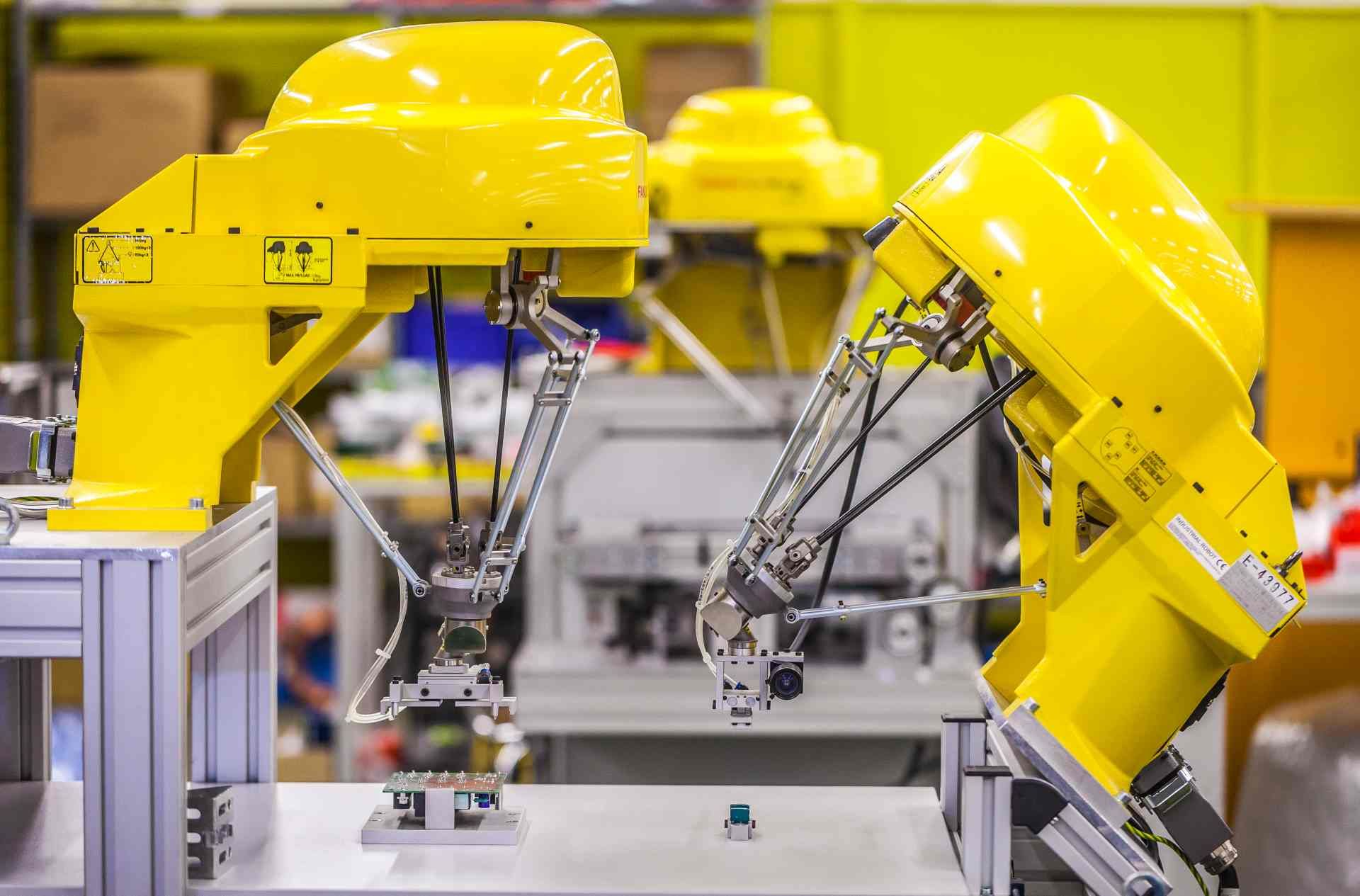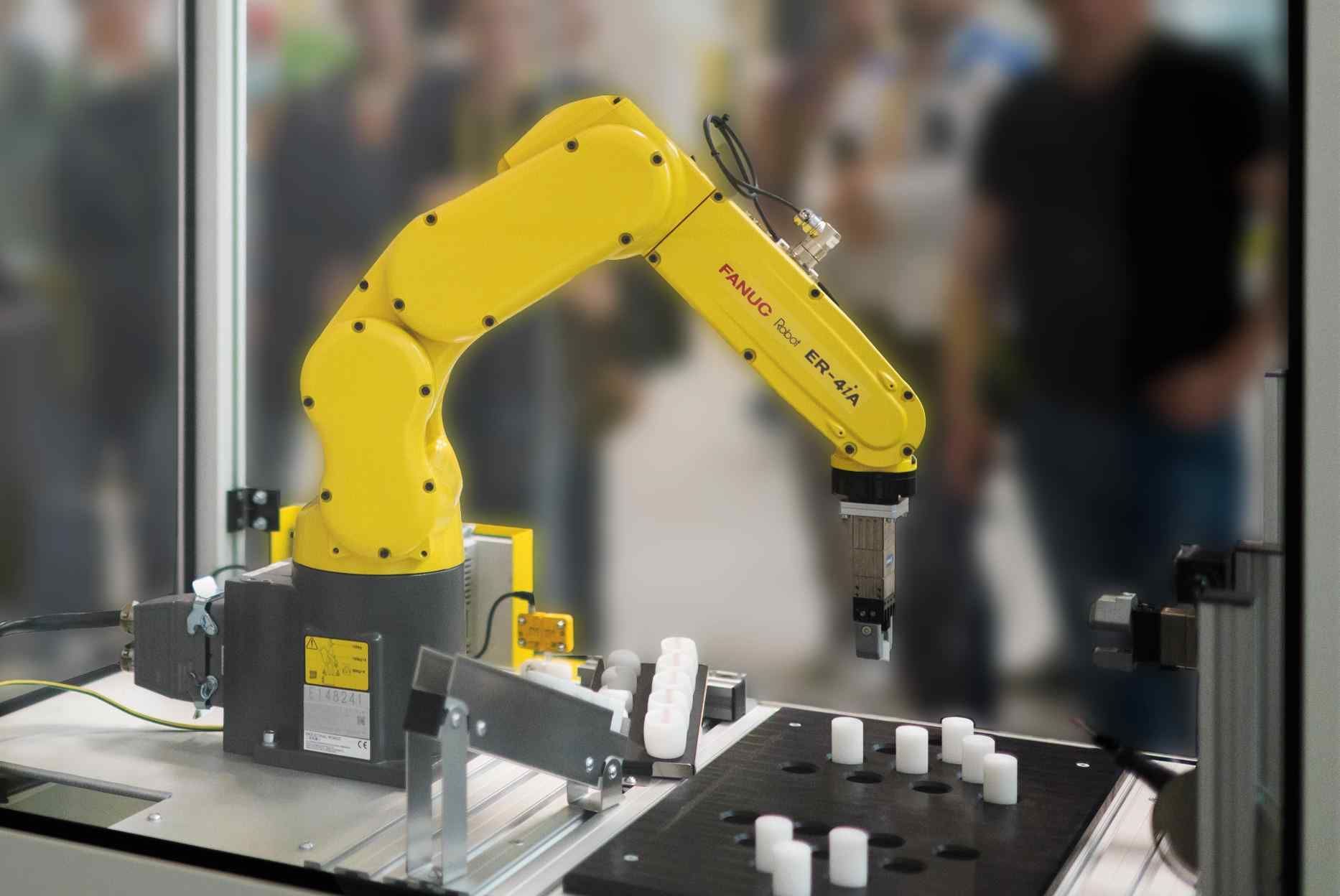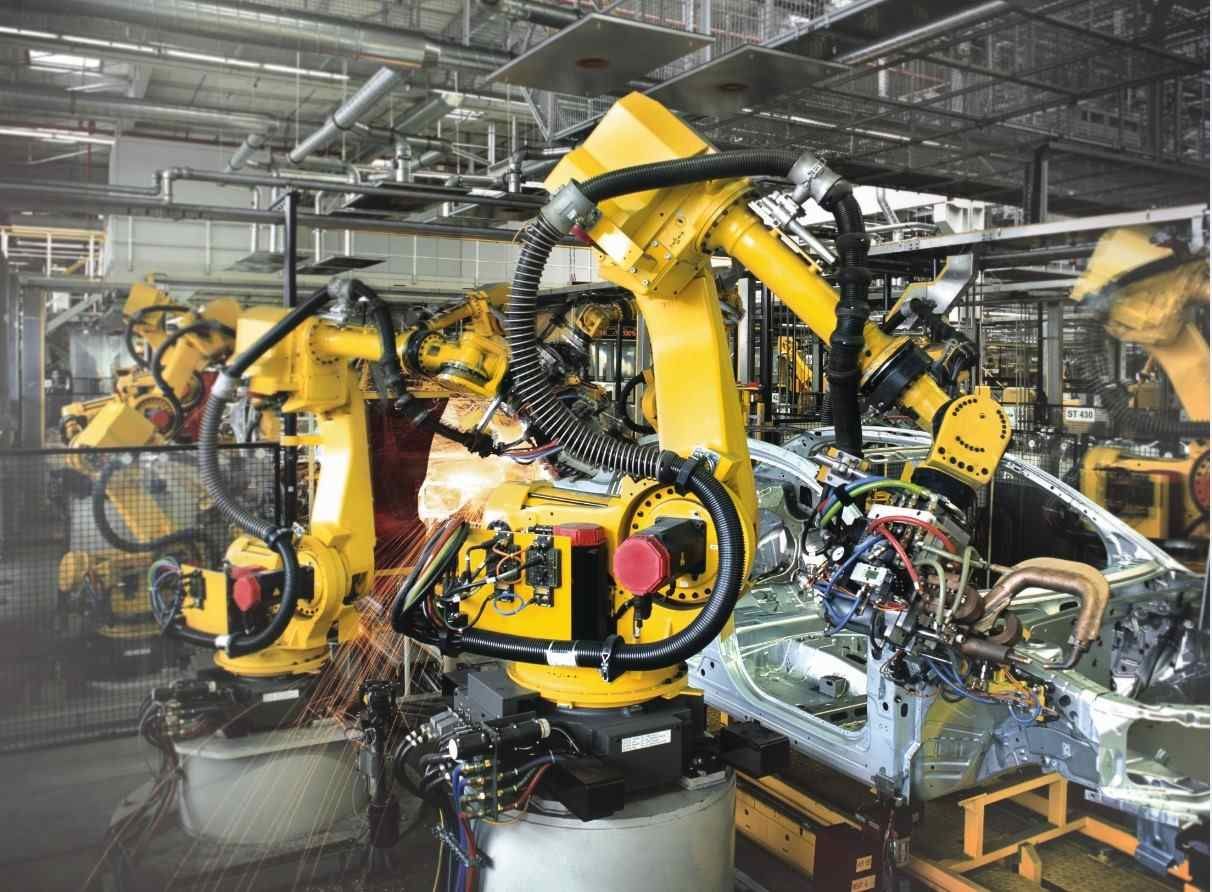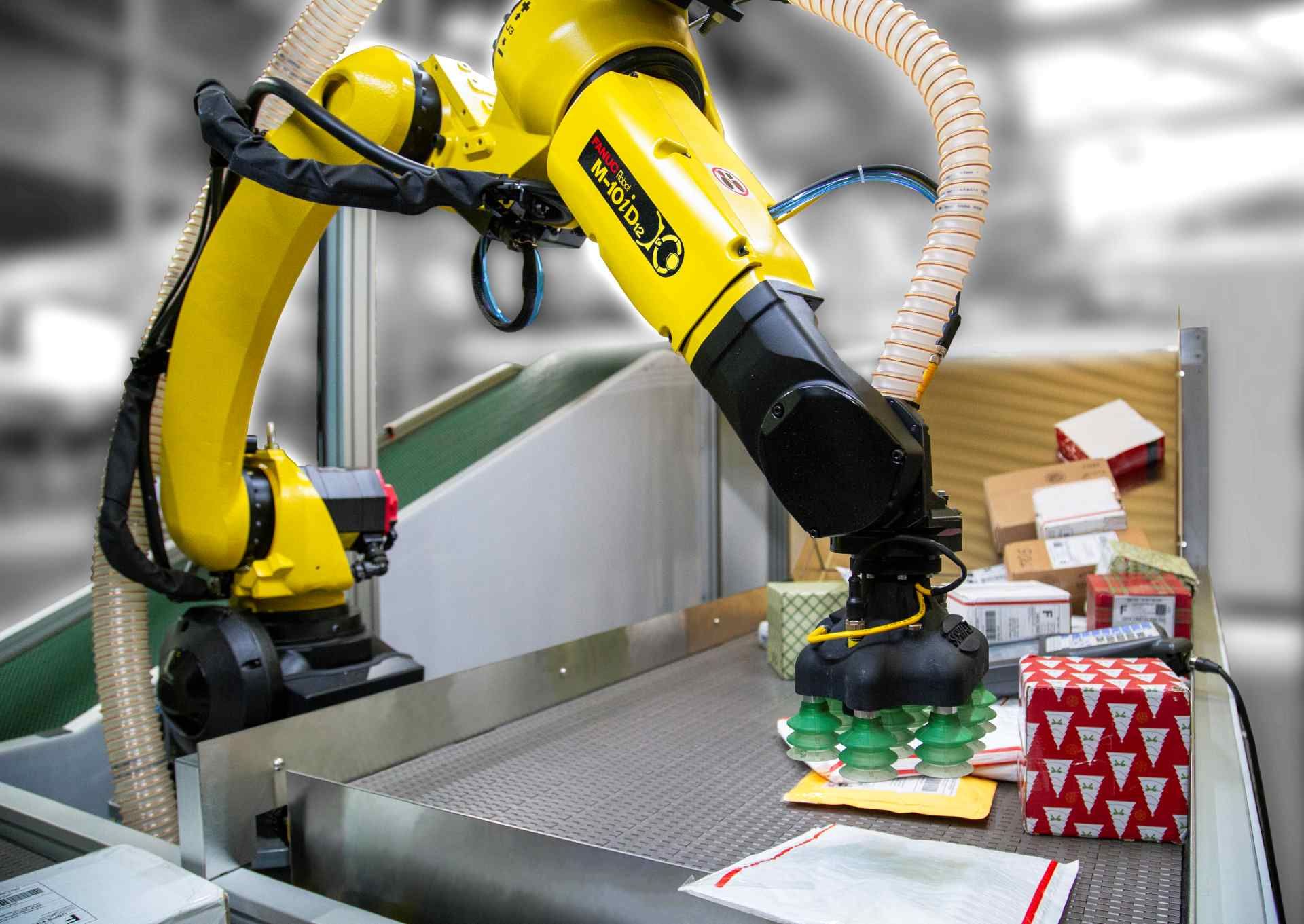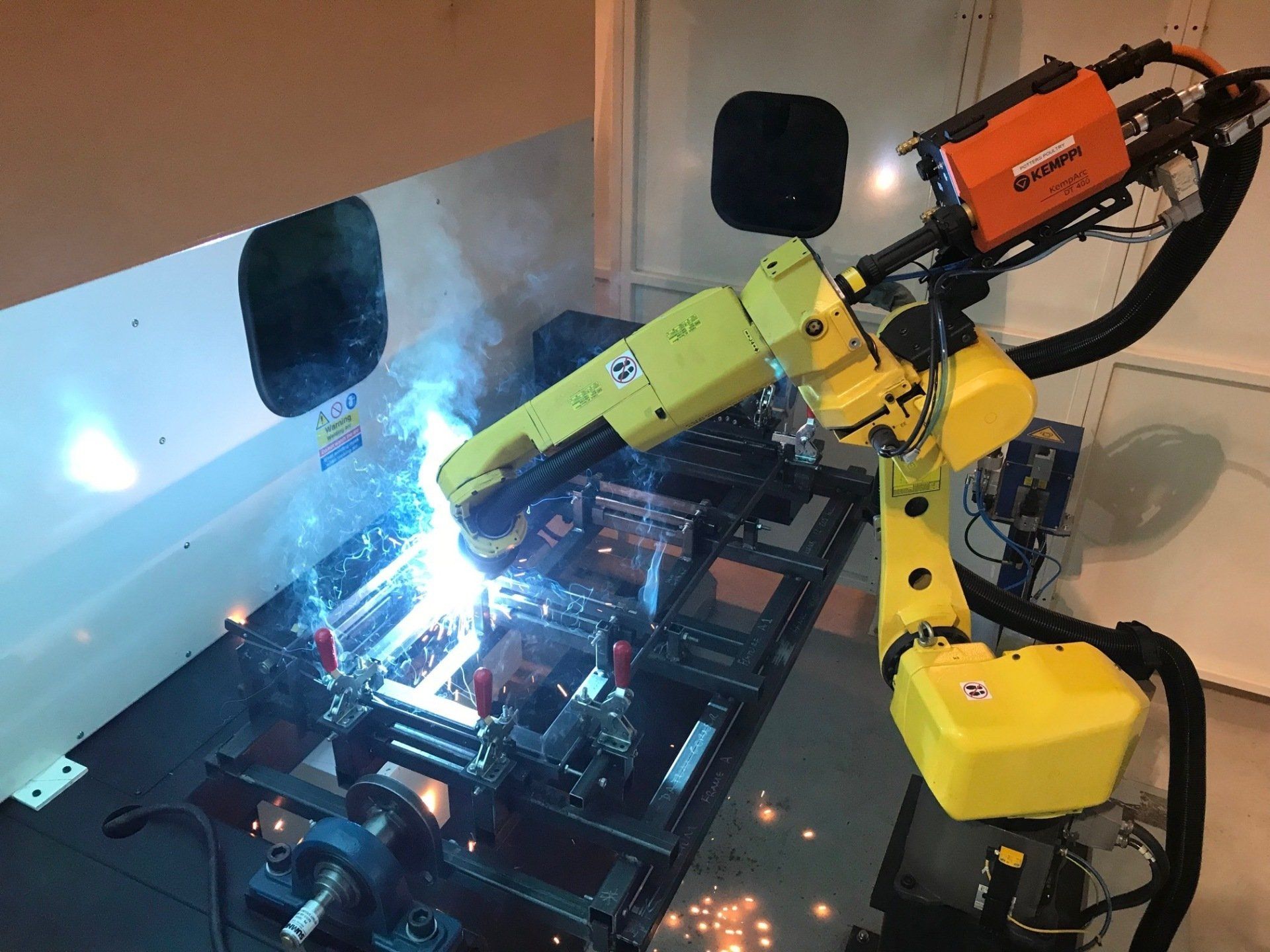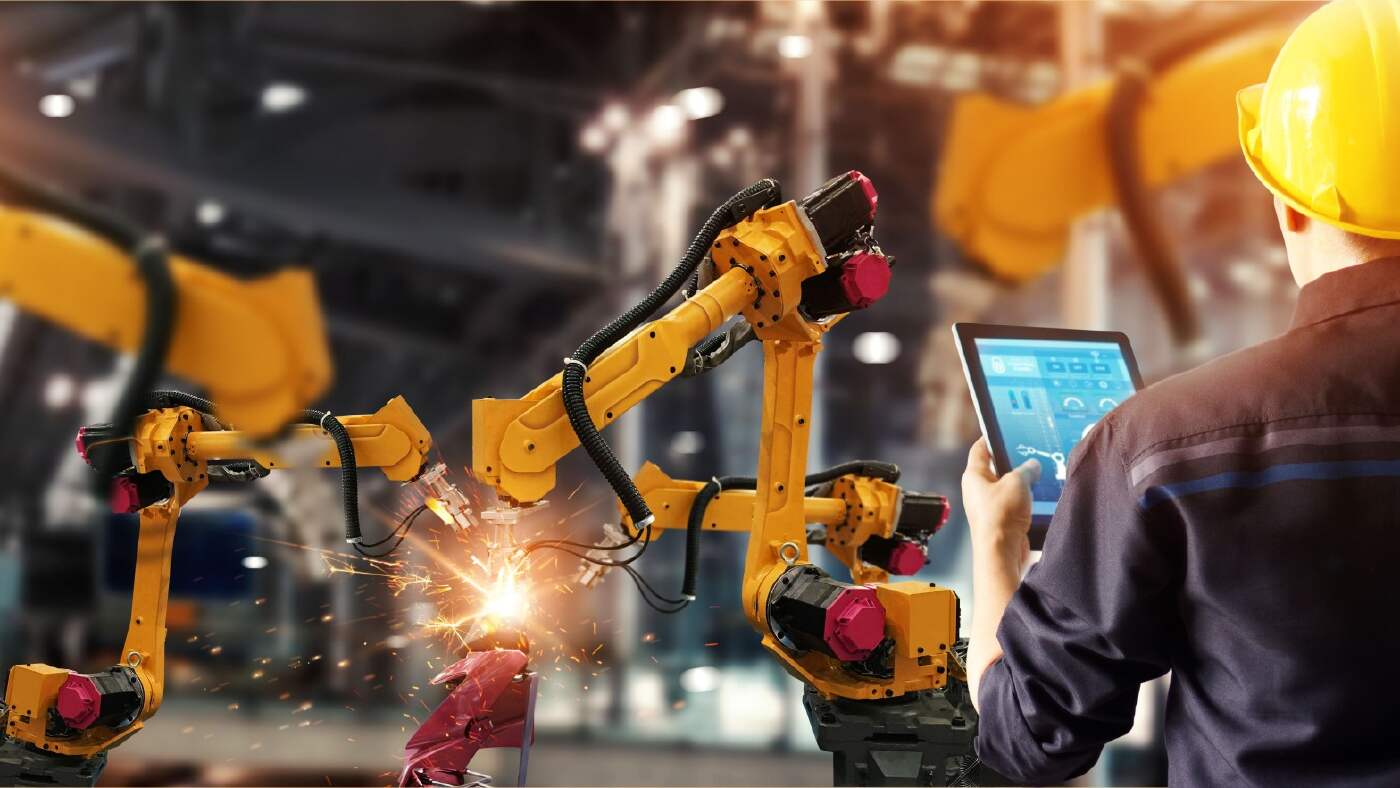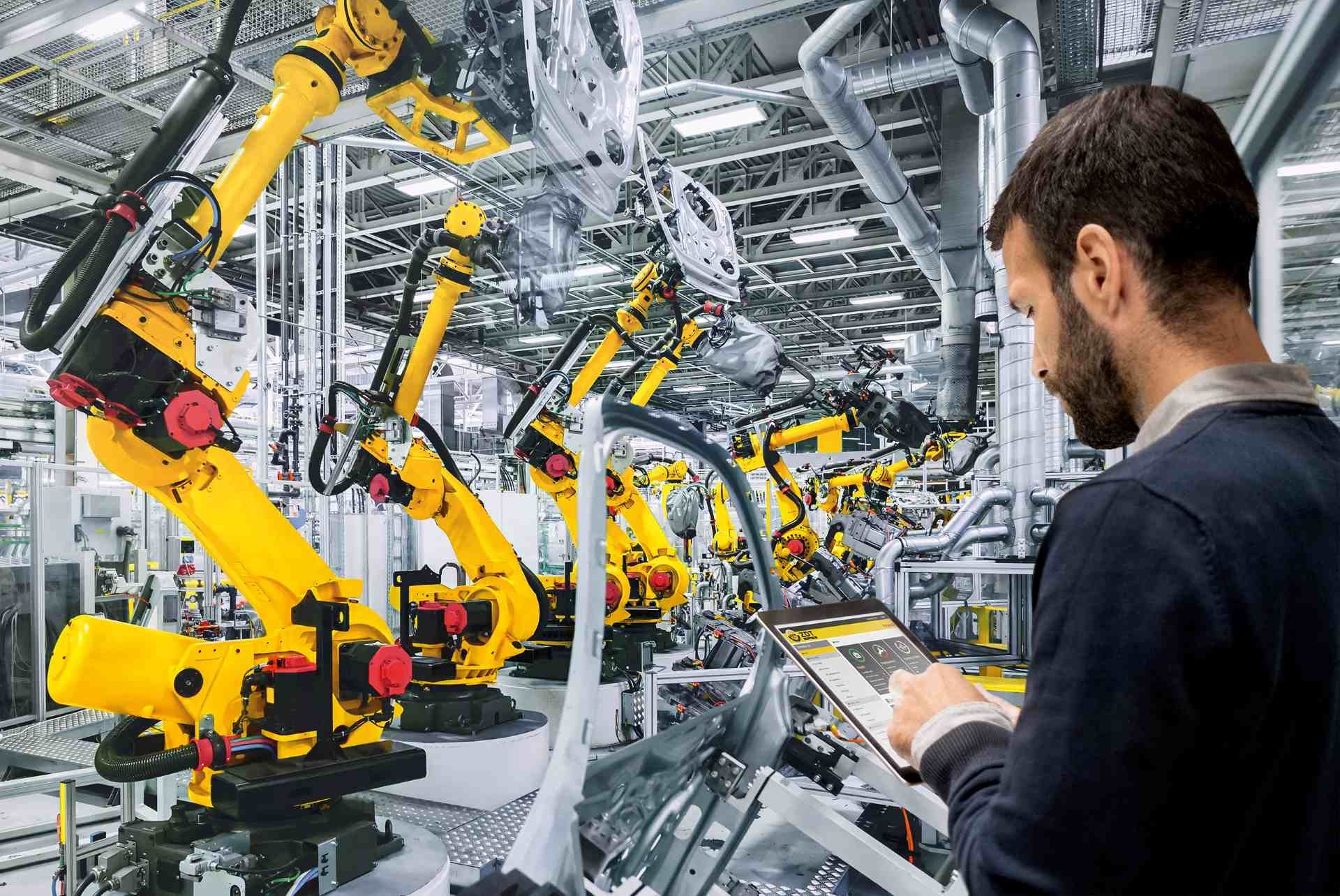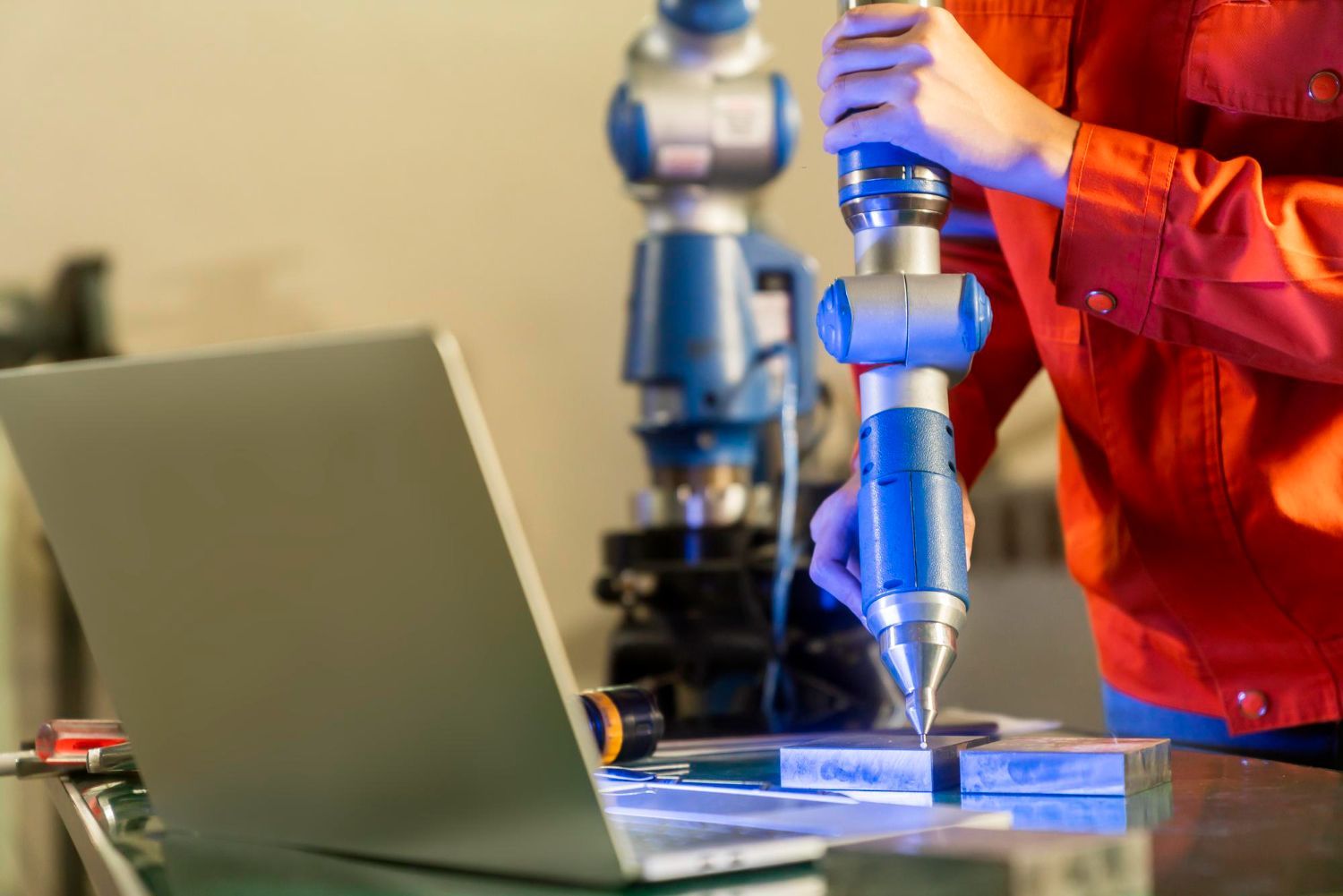Robotics in the Chemicals Industry
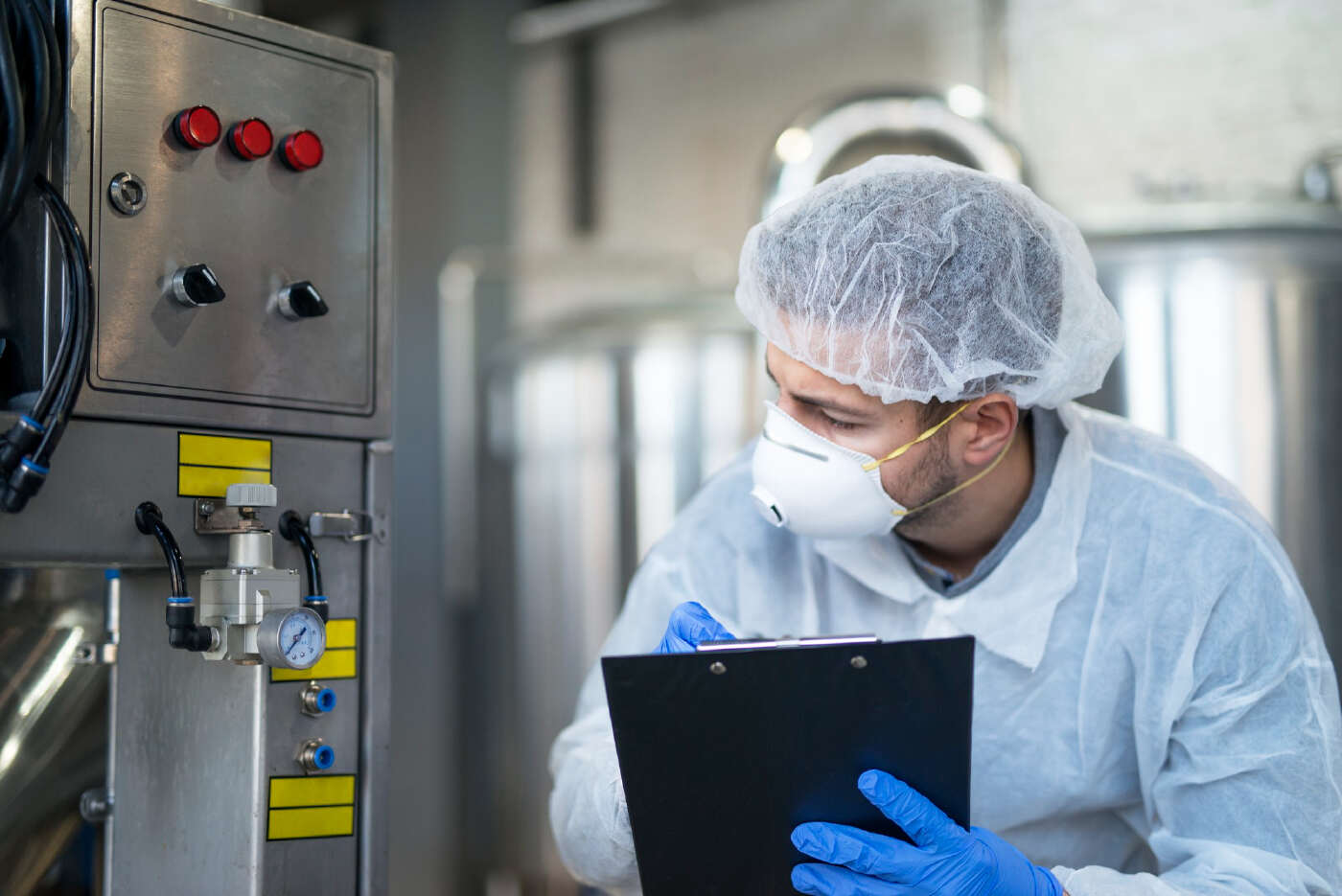
Chemical companies are fast adopting robotics in an effort to improve safety, increase efficiency and reduce costs across the industry.
Chemical robots are being utilised effectively in a range of different roles, often undertaking dangerous tasks that would prove hazardous to human employees. The use of robots in the chemical industry is only increasing, too, as automation technology continues to advance.
If you’d like to learn more about chemical robotics, the team at Cyber-Weld is here to explain everything you need to know.
What Are Chemical Robots?
Chemical robots are specifically designed to be used in the chemicals industry. They include a wide variety of robots and automation systems, which combine to create complex robotic structures within chemical plants and on chemical manufacturing and assembly lines.
Different types of robots are suited to different roles, but examples of robots used in the chemicals industry include:
- Articulated robots
- Cartesian robots
- Delta robots
- SCARA (selective compliance assembly robot arms) robots
A chemical robot can be designed to undertake specific tasks within the chemicals industry, such as bottling chemicals or performing inspections. Wider robotic systems typically consist of multiple chemical robots carrying out industrial tasks in tandem inside chemical plants, including robot arms, pick and pack robots, and inspection robots.
What Is Automation in the Chemical Industry?
Automation in the chemical industry involves the use of robots and robotic systems to perform important manufacturing, handling, cleaning and inspection tasks. They’re typically used to speed up the manufacturing and production process, and chemical robots often perform hazardous tasks that might put human lives in danger.
There are a number of important benefits that automation brings to the chemical industry, including:
- Ability to operate 24/7
- Improved efficiency
- Higher quality production
- Reduced costs
- Increased profitability
- Improved health and safety
How Are Robots Used in the Chemical Industry?
The use of robots in the chemical industry is becoming more widespread as technology improves, and the increasing number of tasks that chemical robots can carry out is impressive.
Chemical robots are typically designed to improve efficiency in the chemical industry, as they speed up manufacturing processes, lower waste and allow costs to be reduced. Given the inherent hazards associated with chemicals, automation has improved health and safety within the chemical industry.
Chemical robots are commonly utilised in dangerous roles, such as handling chemical waste, for example.
The most important uses of robots in the chemical industry include:
Chemical Tank Cleaning
Chemical robots are a popular choice when it comes to hazardous cleaning tasks. In chemical plants and other industrial settings, robots are often designed to clean the inside of chemical storage tanks, a task that would seriously endanger the health and safety of humans. Robots not only withstand hazardous conditions, but they can clean and sterilise efficiently and effectively. In addition to tank cleaning, different robots might be designed to clean chemical pipes, industrial surfaces and equipment.
Chemical Handling
Chemicals can cause serious harm and injury to humans, so the use of robots is popular when chemical handling tasks need to be carried out. Chemical robots equipped with articulated joints and robot arms can quickly move chemicals around on manufacturing lines, while automated machinery can move large chemical storage tanks, chemical bottles and hazardous waste without the need for human involvement.
Chemical Packing
It’s common for robots in many industries to pick and pack on assembly lines, and this is no different in the chemical industry. Automated manufacturing lines allow chemicals to be safely synthesised by robots, and then safely packed away into chemical containers. Once the containers have been filled, they can be packed into larger industrial storage units or palletised and prepared for transport.
Inspections
Chemical robots are often designed to carry out inspections of chemical plant pipes, tanks and machinery. In a similar way to chemical cleaning robots, inspection robots can be sent into potentially hazardous environments to collect data and recordings. They’re often used to identify faults, stoppages and breakages, and can assist with identifying areas for maintenance and repair in places that humans can’t access.
Contact Cyber-Weld Today for More Information on Robotics in the Chemicals Industry
If you’d like to know more about robots in the chemical industry, our expert team of robotic engineers is ready to help.
Cyber-Weld provides a comprehensive range of robotic services, including an extensive array of bespoke chemical robots designed for industrial use.
Contact Cyber-Weld today to find out how we can help you.

